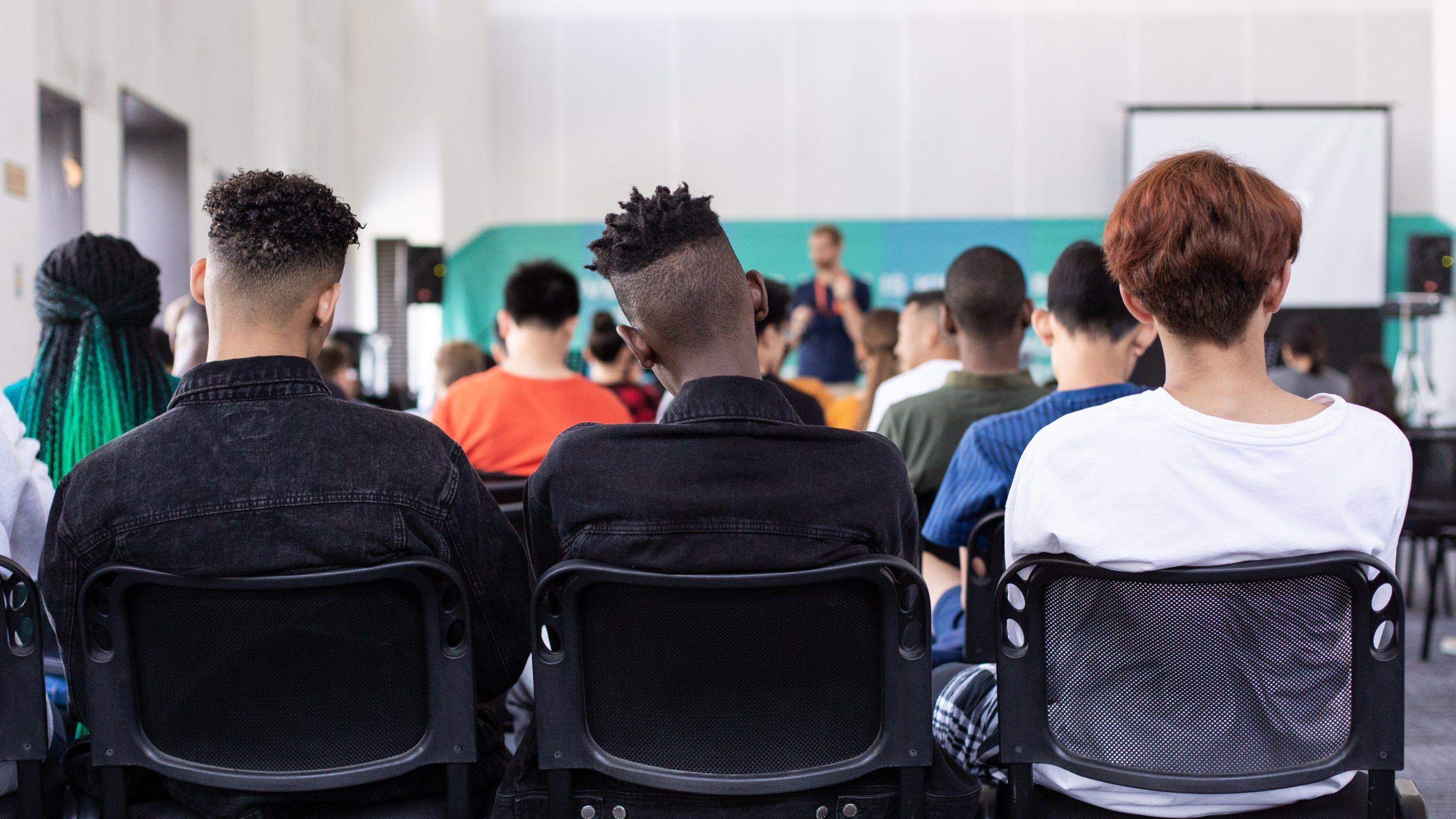So how can we manage these pressures?
It’s easy to place the burden of responsibility on schools – after all, teachers are educational professionals and should therefore play a role in social wellbeing. While that is of course true to a degree, it is highly unreasonable to expect teachers to also play social worker, counsellor and carer. They might be able to spot the signs given how much time they are spending with pupils on a day to day basis, but their role shouldn’t go beyond the remit of a mental health first aider. Testament to this is the fact that, as young people’s mental health has declined, so has that of teachers, with a 2022 Tes teacher wellbeing survey reporting that nine in 10 school leaders experience poor mental health.
So we need to provide teachers with tools, knowledge and support. But we need to bear in mind that the reason behind doing this is to help them in preventative measures and signposting – not to leave them to solve the problem themselves. Put simply, schools should never be considered a secondary CAMHS service.
Some of the most concerning challenges we are seeing in young people relate to cyber bullying, eating disorders, self harm and suicidality. So while pupils in need of mental healthcare are stuck in limbo on a CAMHS waiting list, teachers are having to pick up the pieces.
We need to ensure they have access to high quality, free, easy-to-roll-out tools and resources and signposting to a range of specialist partners. And we need to ensure that we continue to educate pupils in emotional literacy and encourage them to speak out at the earliest possible opportunity – before their mental health hits crisis point. At this stage, the pressures for all involved are easier to manage, but if the media continues to perpetuate the narrative about ‘over medicalisation’ these early conversations and less intense, less clinical interventions will become stifled and ineffective.
This is why I founded the Now and Beyond mental health festival for schools and colleges – not to create new support services, but to bring schools and existing specialist providers and experts together. So whether it’s an easy-to-deliver lesson plan, voices of lived experience or access to a highly skilled mental health practitioner, we want to empower teachers – and parents and carers – to feel knowledgeable, able to implement preventative measures, and to know where to turn for specialist support.
But one thing we absolutely mustn’t do is dial back on the good work already done over the last decade or so to raise awareness and tackle stigma. After all, day to day stresses can rapidly turn into diagnosable mental health problems if the individual is vulnerable or the conditions relentless (as they often are these days thanks to the cost of living crisis, the ongoing effects of Covid and lockdown and, of course, extraordinarily long waiting lists).
Get the latest news and insight into how the Big Issue magazine is made by signing up for the Inside Big Issue newsletter
The solution to most of these things sits with the government – not schools and teachers. So we need to ensure our expectations are in line with what teachers are equipped to deliver.
If we have a common cold, we all know that we need to focus on protecting our immune system and preventing deterioration. And we might expect a teacher to tell a child to wrap up warm or cover their mouth when they cough. But we’d never expect them to prescribe antibiotics or place them on a ventilator. And it’s the same when it comes to mental health.
Louisa Rose is CEO of the charity Beyond and founder of the Now and Beyond national mental health festival for schools and colleges.
For further information about the Now and Beyond festival, which takes place on 8th February, visit nowandbeyond.org.uk.





